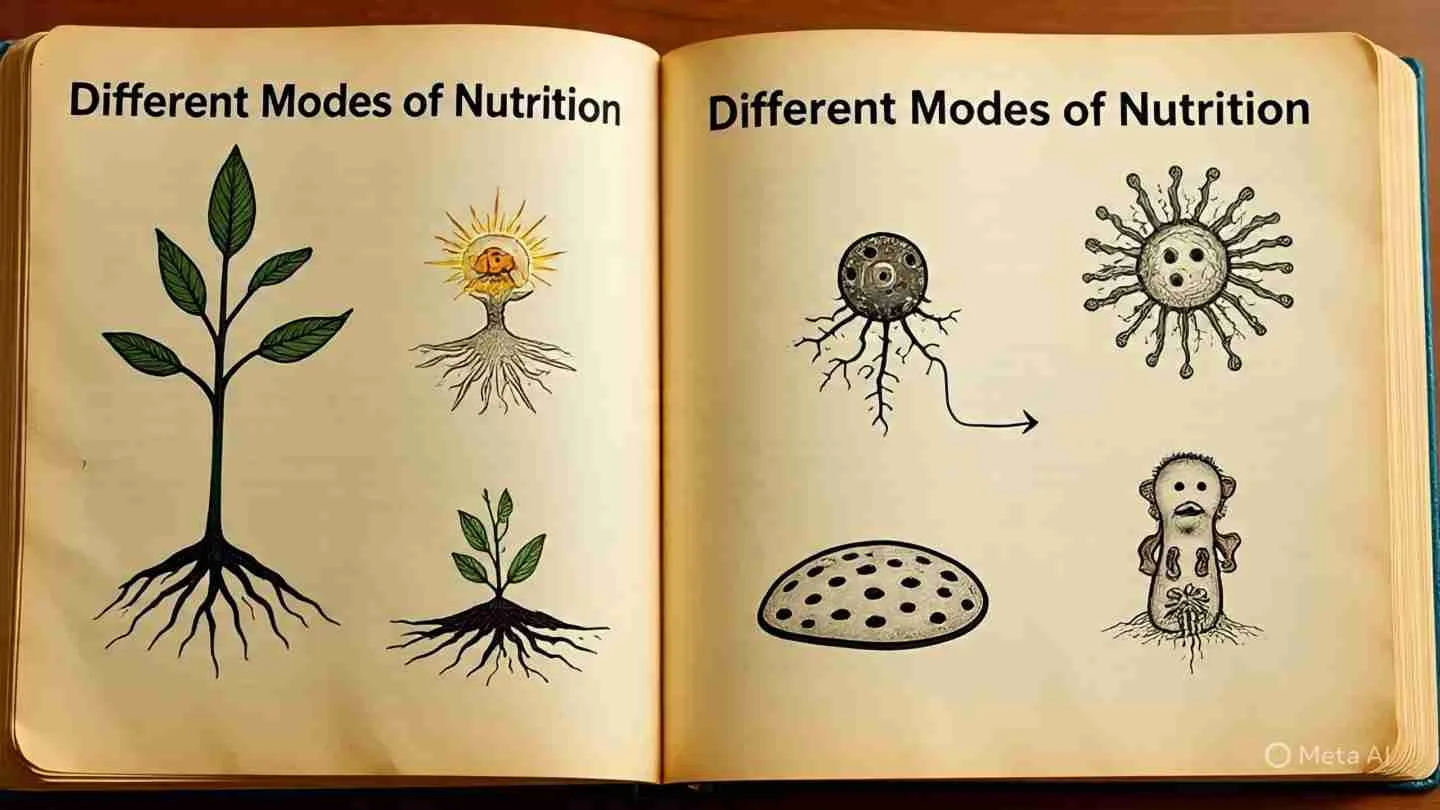
“MCQ Quiz-How Do Organisms Obtain Their Nutrition” is one the posts on series of topic wise MCQs Quiz on Life Processes chapter 5 of your NCERT book for science class 10. The previous post was on Heterotrophic Nutrition.
We have divided MCQ Quiz-How Do Organisms Obtain Their Nutrition?|Life Processes Class 10, into two sections.
The first section is the questions in simple question and answer format and the second part is MCQ Quiz format of the same set of questions. We did this so that you can prepare as well as test youself on the topic- How Do Organisms Obtain Their Nutrition?|Life Processes Class 10.
If you are well prepare then you can jump directly to the quiz section by clicking on the below table of contents.
Q & A How Do Organisms Obtain Their Nutrition?
Q1: What factors determine the form of nutrition an organism uses?
Answer: The type and availability of food material, as well as how it is obtained
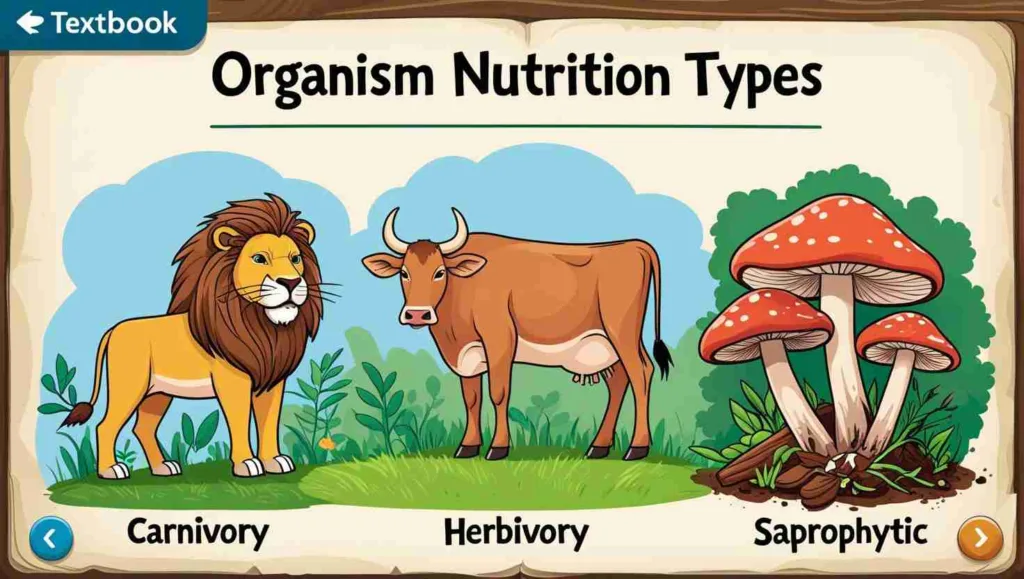
Q2: Name three organisms who break down food material outside their body before absorption?
Answer: Bread moulds, Yeast, and Mushrooms
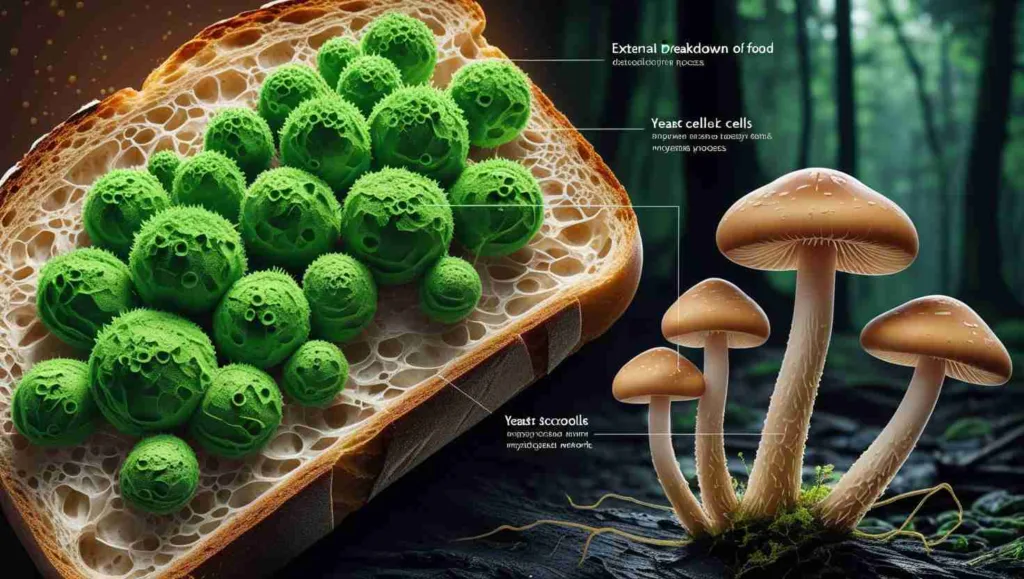
Q3: For organisms that take in whole material and break it down inside their bodies, what influences what can be consumed and processed?
Answer: The organism’s body design and functioning
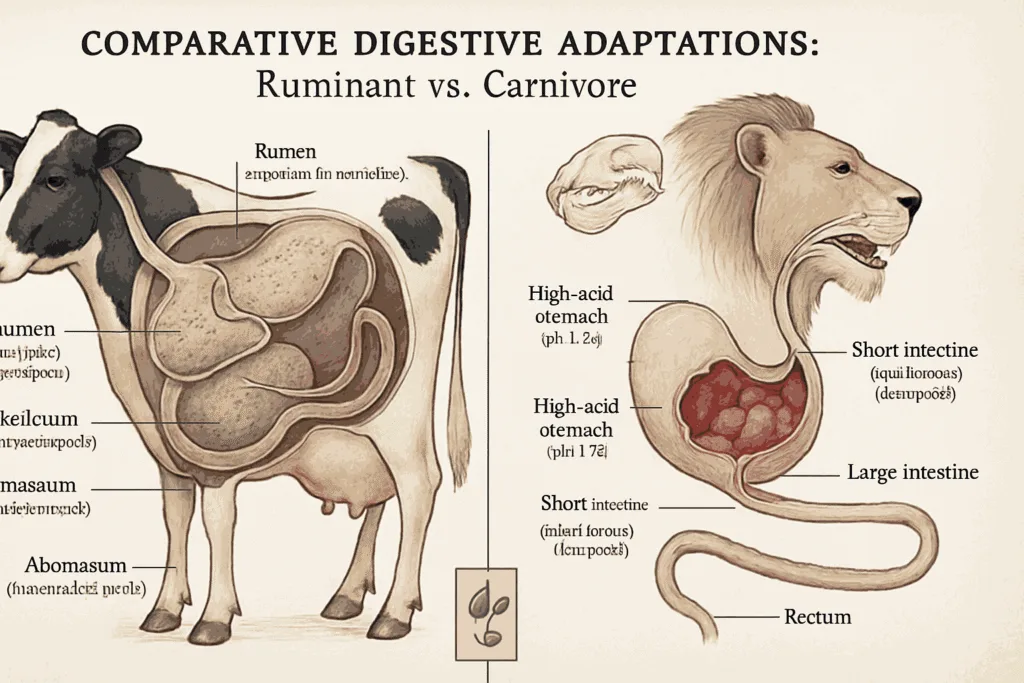
Q4: What is the defining characteristic of the parasitic nutritive strategy?
Answer: Deriving nutrition from plants or animals without killing them
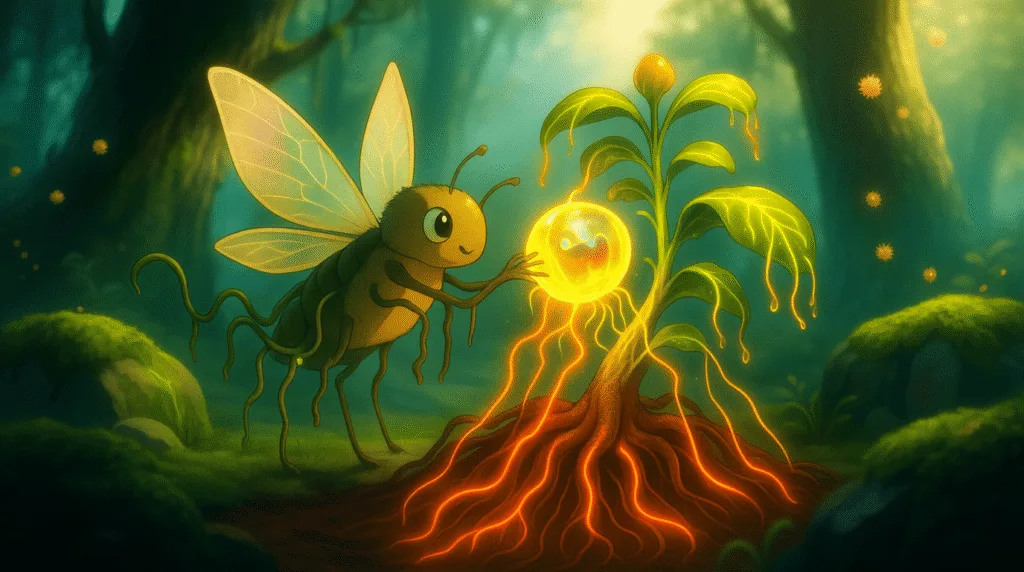
Q5: Which group of organisms is identified as employing a parasitic nutritive strategy?
Answer: Cuscuta (amar-bel), Ticks, Lice, Leeches, Tape-worms
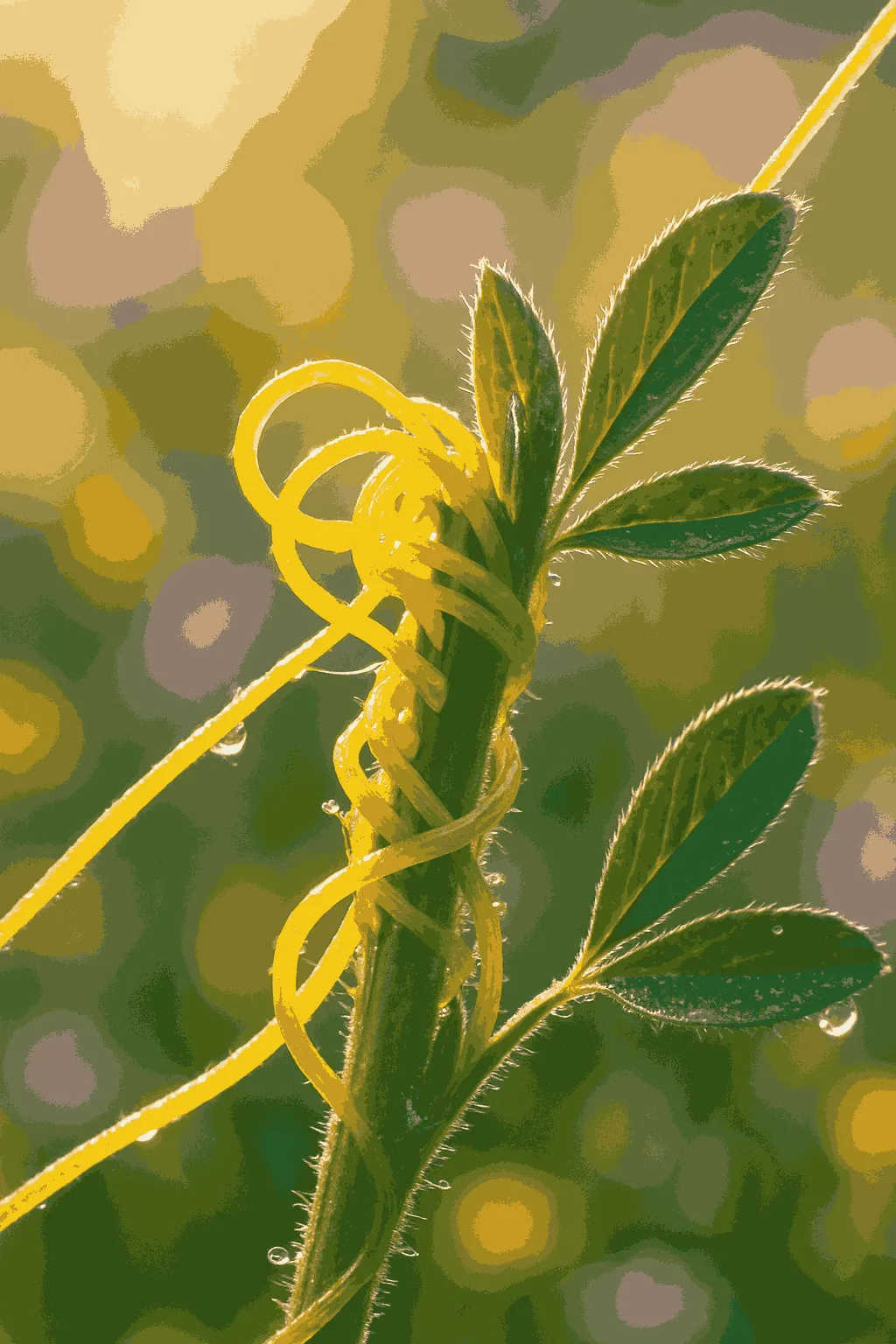
Q6: How does an organism’s adaptation relate to its nutrition, according to the source?
Answer: Each organism is adapted to its environment
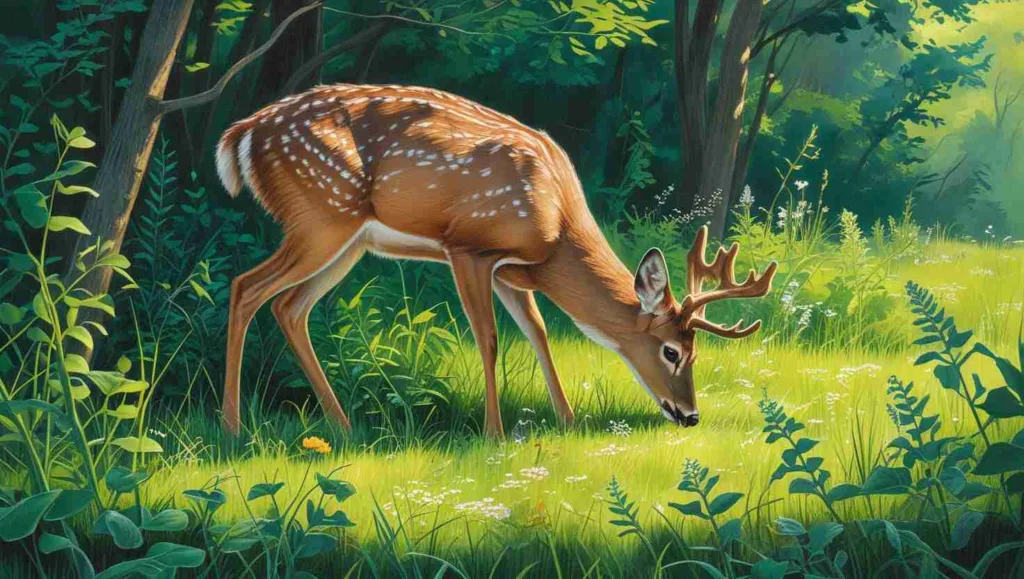
Q7: How does the nature of a food source affect how food is accessed? What specific characteristic of the food source is highlighted?
Answer: Whether it is stationary or mobile
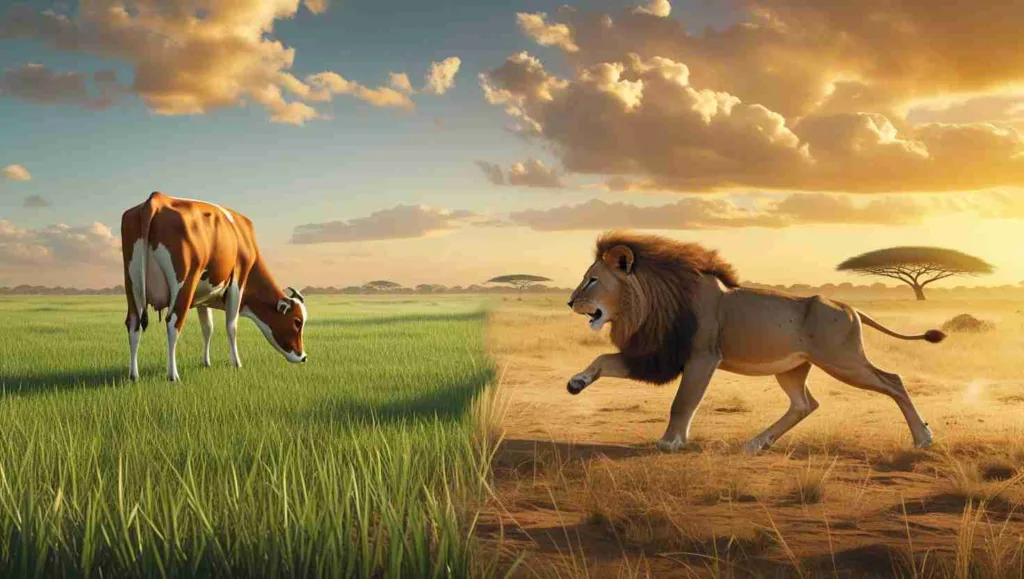
Q8: What concept is implied by the difference in “nutritive apparatus” between a cow and a lion?
Answer: The adaptation of their feeding structures to their respective food sources (stationary vs. mobile)
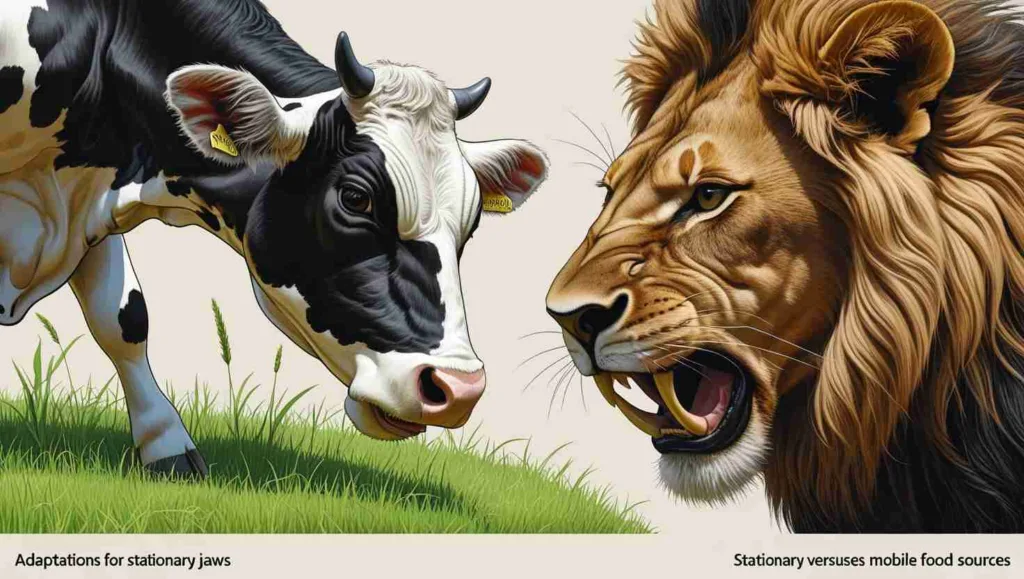
Q9: What is the characteristic strategy used by bread moulds, yeast, and mushrooms?
Answer: They break down food material externally and then absorb it
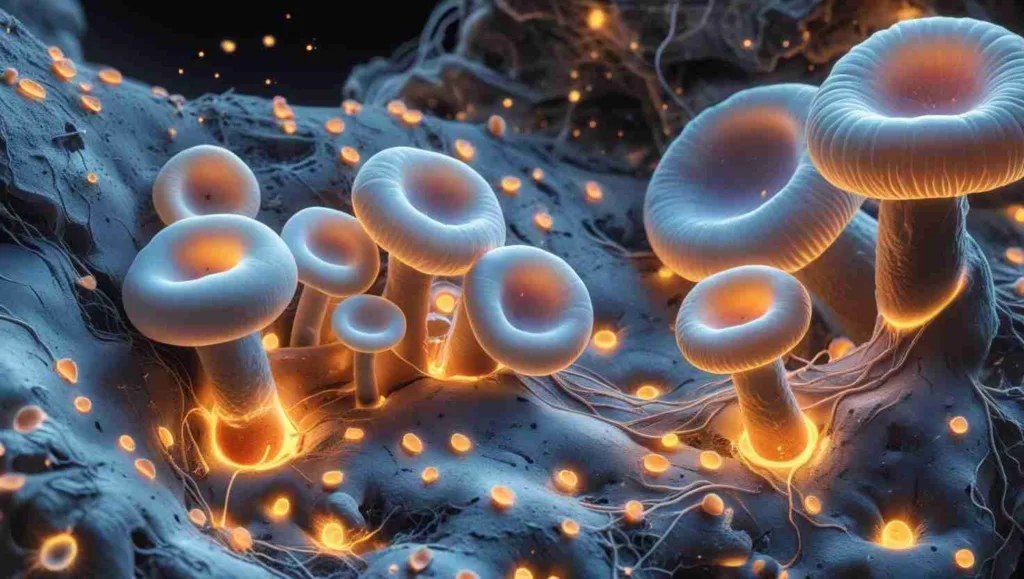
Q10: When an organism “takes in whole material and breaks it down inside their bodies,” what process is being described?
Answer: Internal digestion of ingested food
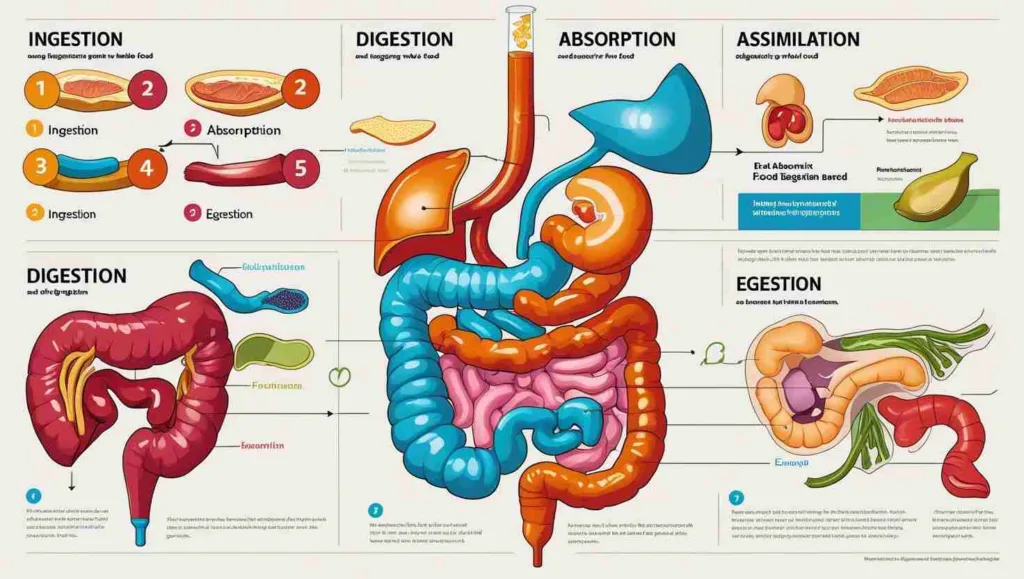
Q11: What type of organism is Cuscuta (amar-bel) an example of, based on its nutritional strategy?
Answer: A parasitic organism
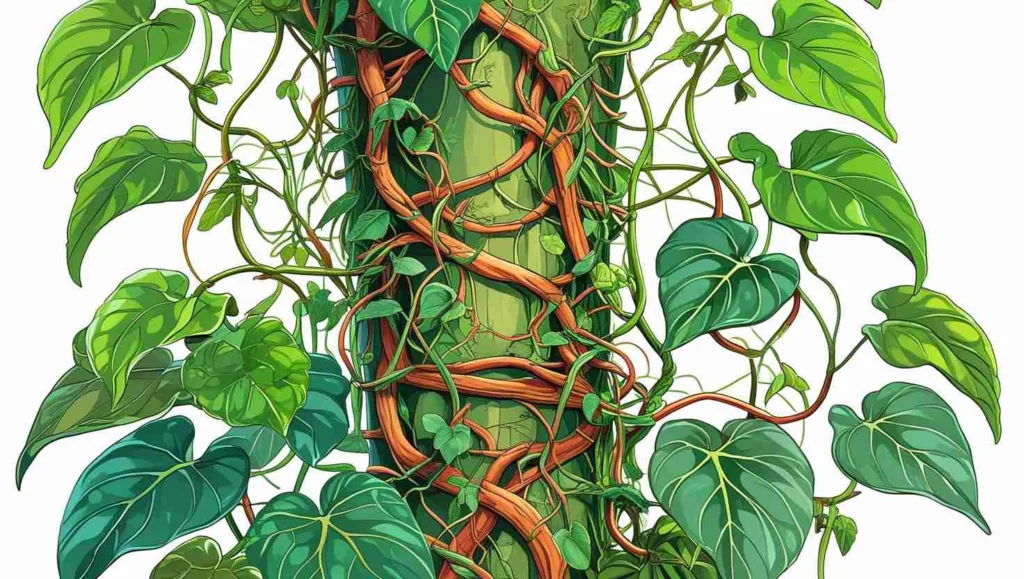
Q12: How varied are the strategies for taking in and using food?
Answer: There is a range of strategies
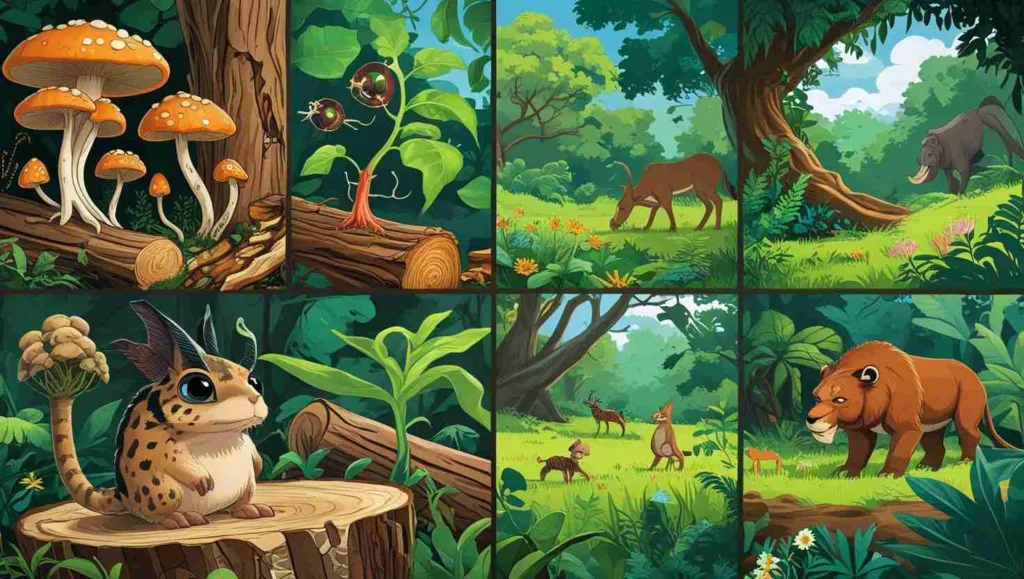
Q13: Give an example of a stationary food source?
Answer: Grass
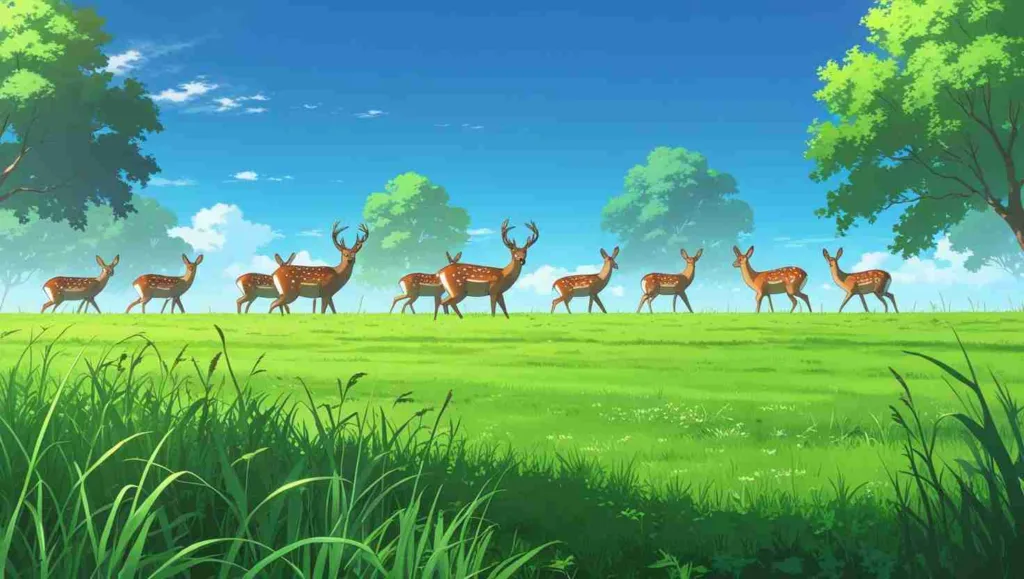
Q14: Give an example of a mobile food source?
Answer: Deer
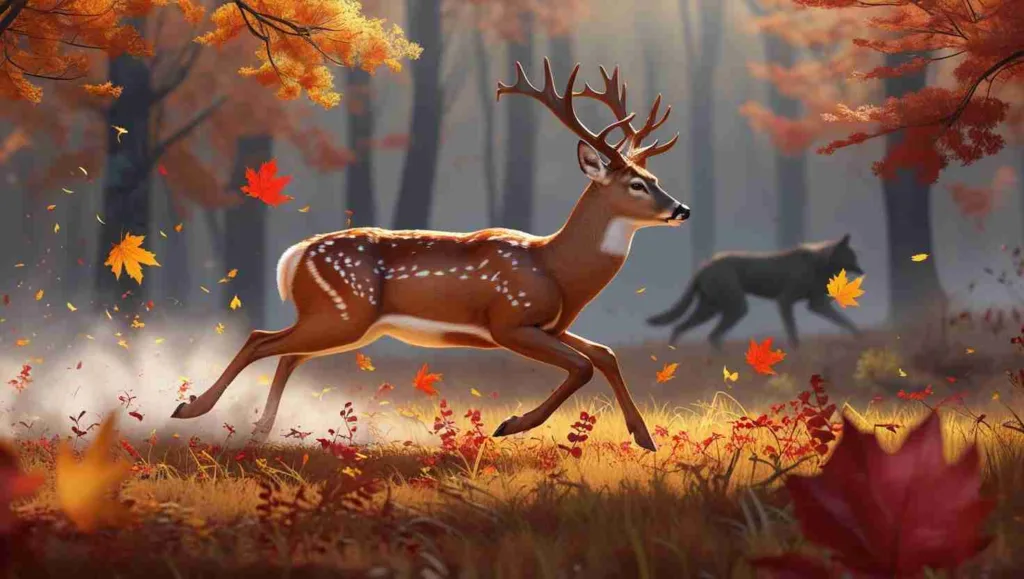
Q15: What initial principle sets the stage for understanding the diversity of heterotrophic nutrition?
Answer: Each organism is adapted to its environment
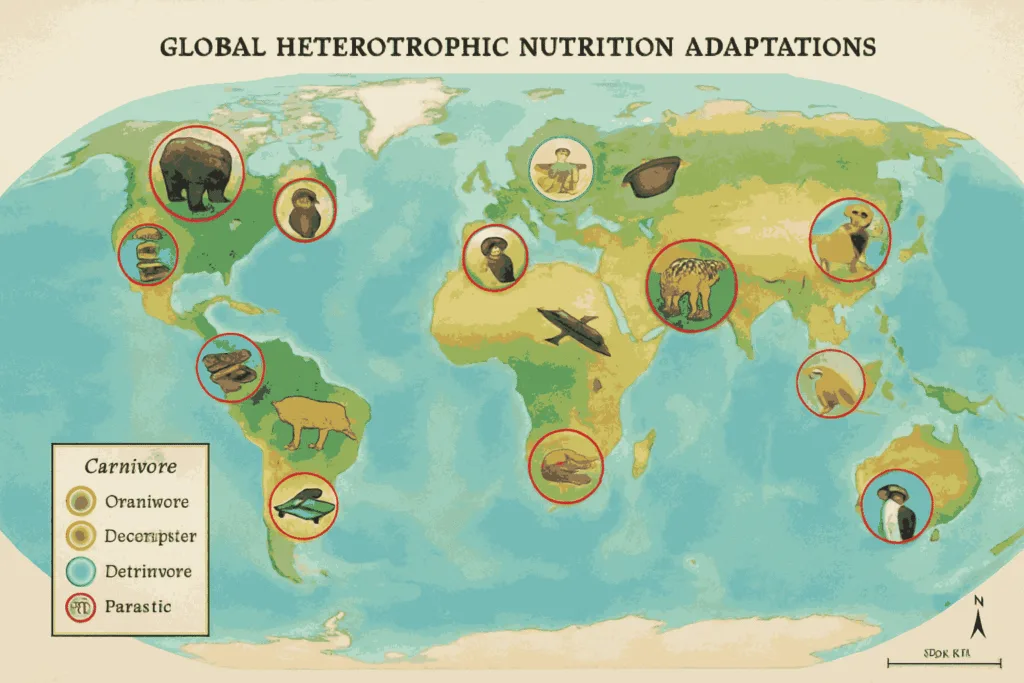
MCQ Quiz How Do Organisms Obtain Their Nutrition?
🎉 Quiz Completed!80%
Great job!

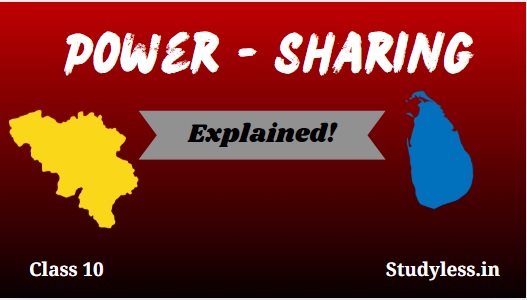


![[2025] The Rise of Nationalism in Europe Short Notes , Topic Wise, Flow Chart And Infographics| Quick Memorisation And Revision!](https://studyless.in/wp-content/uploads/2025/06/ChatGPT-Image-Jun-8-2025-01_31_20-PM_11zon-1024x683.avif)